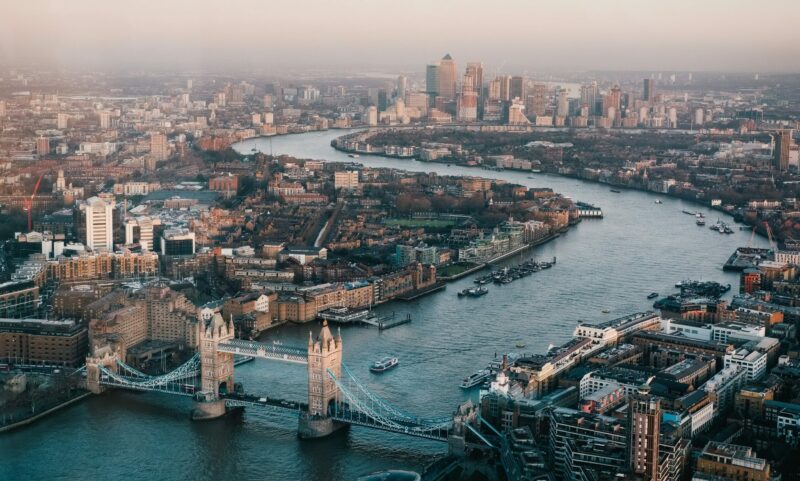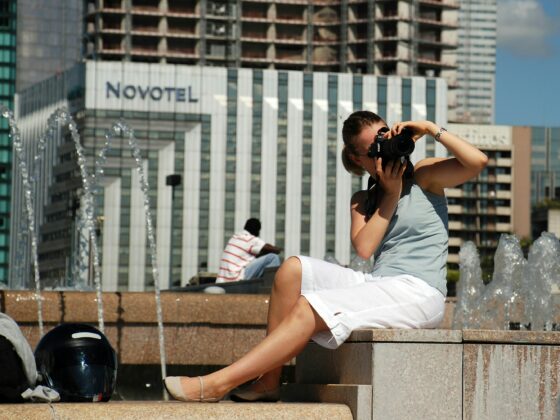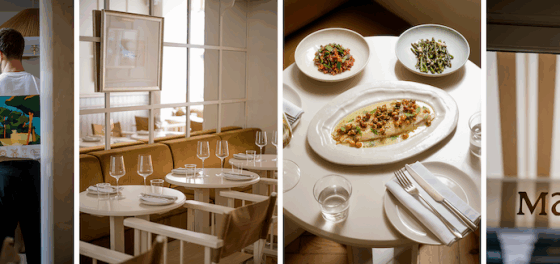UK Chancellor Rachel Reeves has been spending a lot of time staring into her dusty carpet bag and hoping to pull cash out of it, like a capitalist Mary Poppins. Efforts to shake it out have, most recently, conjured the idea of VAT on cab rides, an idea so deranged as to prove that ‘there are no bad ideas’ must be tattooed across Reeves’ eyelids.
But before Reeves starts thinking about VAT on tattoos*, our sector has to come up with a way to distract her from taxing us more. And it can’t be something with a chalk picture which comes to life and spirits her away to an alternate reality.
The hospitality sector is astonishing in that it attracts a growing amount of investment – from serious people – despite being negatively affected by just about everything that happens. Direct tax: obviously. National Insurance: worse because we offer jobs at all levels. Any old tax at all: makes the public feel poor, no lunches or mini breaks for them.
And yet we grow, because it’s hospitality. During the pandemic, the-then French prime minister Edouard Philippe announced an €18bn support package for the country’s hospitality sector because it could not be lived without. It was part of the nation’s identity. He described cafés and restaurants as “part of our art of living”.
And who doesn’t want to be art? For the current government, that would probably be seen as showing off. The mood amongst the sector in the UK is that we are the carpet bag to be shaken out. And if you want to climb into that carpet bag, close it up and throw it in the river then read UKHospitality’s latest campaign, Taxed Out, which talks about how a third of hospitality businesses are now operating at a loss. And 76% have had to increase prices. And so on.
The group calls for changes to business rates and lower VAT and the usual, all with the spectre of Reeves’ dusty bag in the background. There is no loose change. There isn’t even an old book token.
So, why don’t we just get more visitors and get money off them? I know, it’s been staring us in the face. But in New Zealand, they have been thinking exactly that. Peeved that they were overlooked by Taylor Swift, the government has announced a $70m investment into its tourism and events infrastructure so that next time she stops and generates many t-shirt sales rather than waving on the way to Australia.
New Zealand’s tourism sector contributes $17bn to its GDP and, it says here, is second only to dairy in terms of exports. The investment is not just about having a barn to host Taylor in, it will help to improve other areas of infrastructure, so that visitors will be spread more evenly around the country.
Tourism and Hospitality Minister (imagine!) Louise Upston said: “Major events, whether they are sports showdowns, the world’s most popular artists or well-loved favourites, can be a bonanza for the cities and regions which host them, supporting local jobs and incomes in the hospitality and retail sectors and beyond.
“That’s why we are significantly increasing government investment in the events sector and opening it up to a wider range of opportunities, including concerts which haven’t previously been eligible for funding.”
But where are we going to get $70m? Or a hospitality minister? Writing in CoStar, Joe Stather, managing director for HTL in the UK with Crowe UK and Horwath HTL, suggests that tourism taxes could be used to raise money, to fund some of that lovely infrastructure. After all, it’s that much easier to borrow if you have a reliable revenue stream and you’re not Liz Truss.
Using tourism to fund tourism would be the kind of long-term thinking we’re not seeing with the current government, where it’s more about finding the cash to pay that week’s bill. Not relaxing and not helpful for strategising.
As we were reminded at last week’s Scottish Tourism Alliance & Hotel Partner webinar: Driving Success in Scotland’s hospitality and accommodation sector, the 1969 Tourism Act was about recognising tourism as part of our lives and as part of our economy.
The Act established a British Tourist Authority and Tourist Boards for England, Scotland and Wales with responsibility for promoting the development of tourism to and within Great Britain and provided financial assistance out of public funds “for the provision of new hotels and the extension, alteration and improvement of existing hotels”.
Our sector should be something we look to build, not shake down.
*There is VAT on tattoos, before you start having ancillary revenue thoughts








